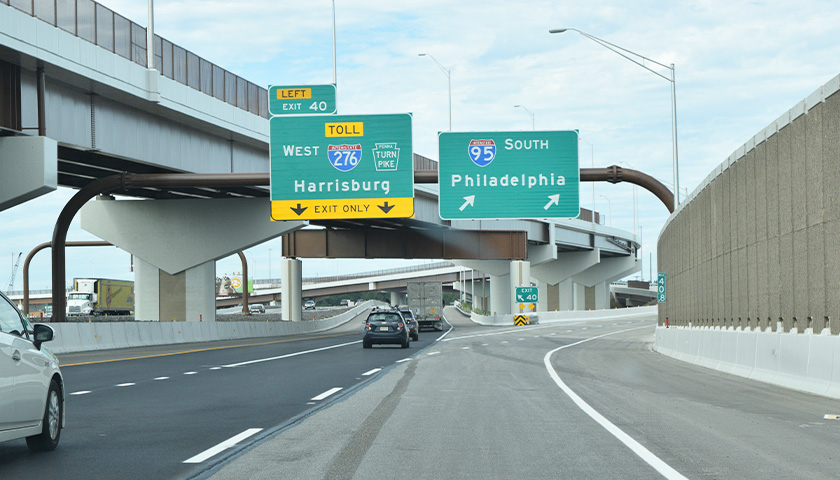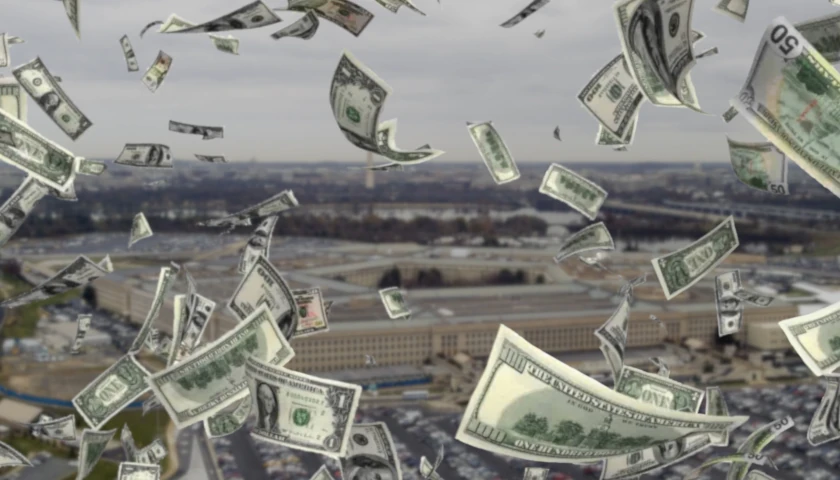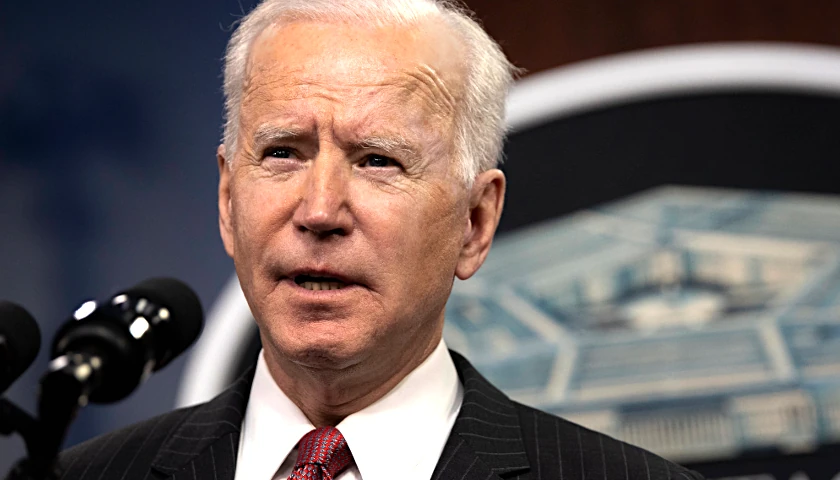by Anthony Hennen
The auditor general noted “growing financial issues” with the Pennsylvania Turnpike, and the news is not good for drivers who pay tolls.
“Today, the Pennsylvania Turnpike has more debt than the entire state government of Pennsylvania, and the only way to pay it is to raise tolls,” Auditor General Timothy DeFoor said in a press release. “This is an unsustainable situation which highlights the need for innovative ideas and different solutions to rectify an issue that is decades in the making.”
DeFoor called on the Legislature and governor to make the Turnpike “viable for the future.”
In the latest audit of the Turnpike, conducted every four years, DeFoor noted that the Turnpike Commission holds $13.2 billion in debt. The debt of the commonwealth, however, stands at $11.7 billion.
The audit noted the financial changes since Act 44/89 in 2007, which required the commission to send payments to PennDOT, along with debt payments and spending on capital projects, has driven the financial troubles.
Collecting tolls has also been an issue. Almost $105 million in tolls have gone uncollected, almost a quarter of that being due to “unpaid invoices, unidentified license plates or because PennDOT either had the wrong address or no address at all,” the report noted.
For the foreseeable future, the commission expects toll increases.
“Annual costly toll increases continue to place an undue burden on turnpike traveler,” the auditor noted, and pointed out that “The commission plans to increase tolls each year through 2050 in order to meet its Act 44/89 obligations.”
Critics of the turnpike’s operation were not surprised by the auditor’s report.
“The bigger trend is largely what we’ve been seeing for the last 15 years or so: the turnpike going deeper and deeper into debt to fund all these projects across the state,” said Nathan Benefield, senior vice president of the Commonwealth Foundation.
He noted that other states have funding issues, but the situation in Pennsylvania is “very unique.” Benefield criticized debt-financed projects as well as the required payments to PennDOT to fund mass transit in the commonwealth.
In 2008, the Commonwealth Foundation criticized the passage of Act 44, warning of toll increases in the future.
“We need to work at finding a solution that will make sure the turnpike continues to provide an invaluable service to all who travel through Pennsylvania, without it being a financial burden,” DeFoor said in the press release. “We recommend the General Assembly take another look at Acts 44 and 89 and consider drafting new legislation to mitigate the current debt burden placed on the commission.”
The Commonwealth Foundation suggested something stronger.
“I think going back and looking at leasing the turnpike should definitely be on the table,” Benefield said.
He also floated the idea of merging the turnpike with PennDOT to deal with the turnpike’s “long history of waste, patronage, and corruption.”
– – –
Anthony Hennen is a reporter for The Center Square. Previously, he worked for Philadelphia Weekly and the James G. Martin Center for Academic Renewal. He is managing editor of Expatalachians, a journalism project focused on the Appalachian region.
Photo “Pennsylvania Turnpike” by Roadsguy. CC BY-SA 4.0.








